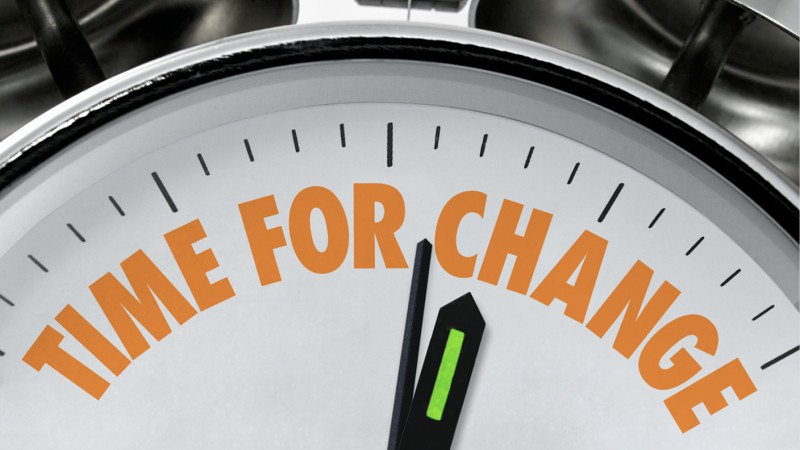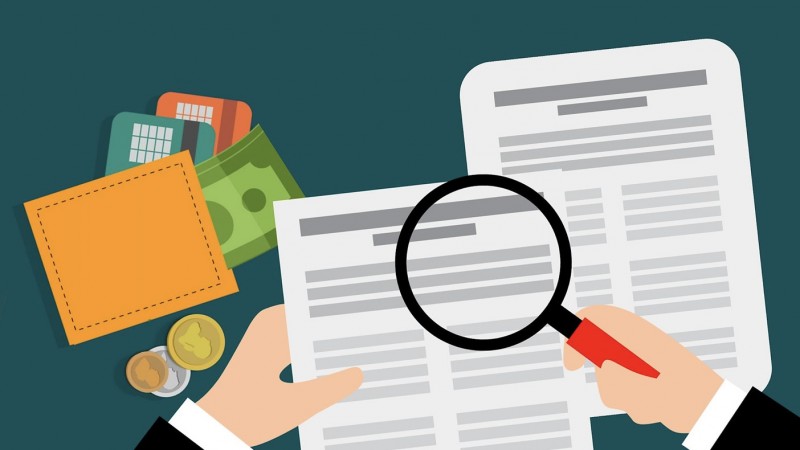How Many Credit Scores Do You Have?
- Detalles
- Escrito por Remar Sutton
- Categoría: Articles

How many credit scores do you have? You might think that the answer to this question is one, but the answer is multiple. Credit scores are used to predict how likely you are to pay back a loan on time. They may also be used to determine insurance rates for homes or autos, by landlords to vet possible tenants, and employers to vet job candidates.
You might think that the answer to this question is one, but the answer is multiple.
Credit scores are calculated by credit scoring models. These models use information from your credit reports such as:
- Payment history
- Current unpaid debt
- Length of credit history
- Number and type of loan accounts
- How long each loan account has been open
- How much of the available credit is being used
- New applications for credit
- If a debt has been sent to collection
- If you've had a foreclosure or a bankruptcy
Credit scoring models use data from one or more credit reporting companies, usually Equifax, Experian, and TransUnion. The data in your credit reports can differ between companies. Credit scoring models are tailored for each company or industry that uses them, such as mortgage lending, credit card decisions, or auto lending. Credit scoring models include:
FICO scores are the most recognized. Produced by the Fair Isaac Corporation, they have numerous models and versions as this page shows.
VantageScore was created in 2007 by the big three credit bureaus: Experian, Equifax, and TransUnion. These scores use data from all three bureaus.
Experian, Equifax, and TransUnion also produce credit scores using their individual data.
Insurance credit scores are used to determine insurance premiums. Models vary for different types of insurance.
How to Get Your Credit Scores
Your credit scores can fluctuate depending on when information is reported to the credit reporting companies and when the score is calculated. Unless you are preparing to buy or rent a home, buy a vehicle, or take out a loan, frequent monitoring of your credit score isn't necessary. (Staying on top of your credit reports it.)
Unlike credit reports, consumers don't have a federal right to free credit scores. Some banks, credit card companies, and lenders have started providing credit scores on their monthly statements or when you log into your account. These are usually a basic FICO score not a tailored one. You can buy a credit score from the credit bureaus when you access your free credit report. You can also buy a credit score directly from FICO.
There are sites that offer a "free" credit score, but check them out thoroughly before using them to see what it may cost you in personal information. The "free" score may also be inaccurate because it is using dated information. Credit monitoring services including apps also offer credit scores, but they tend to have a monthly subscription fee.
Improving Your Credit Scores
These tips can help improve your credit score and keep it in a favorable range. Be patient because you may not see improvement right away.
-
Pay your bills on time. This includes not just vehicle loans, student loans, mortgages, and credit cards, but rent and utilities.
Review your credit reports for errors. Access the free reports from Equifax, Experian, and TransUnion at annualcreditreport.com. During the pandemic, you can get free weekly online credit reports. Dispute any errors your find using these tips.
-
Keep credit balances low. Using more of your available credit can count against you. You don't need to carry a balance on your credit card to raise your score. Paying off the balance each month helps improve your score.
Don't cancel unused credit cards. This lowers your available credit and could also lower your score.
Only apply for credit that you need. Applying for lots of credit in a short period of time could lower your score.


































